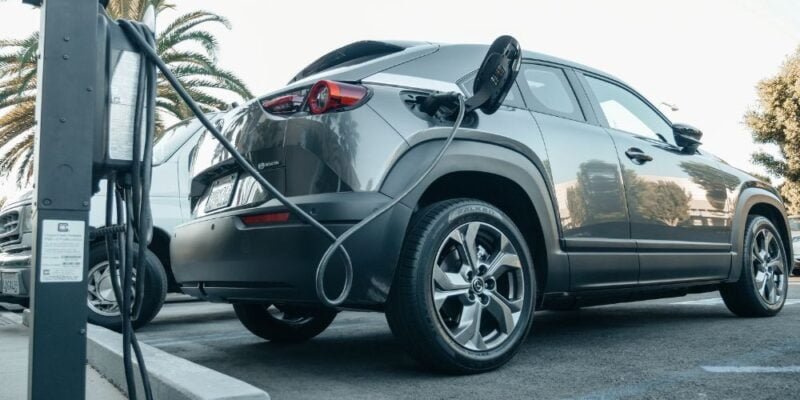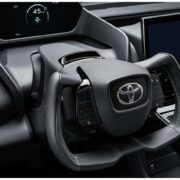As the world moves towards a greener future, electric cars have gained significant popularity. With their zero-emission capabilities and increasing range, electric vehicles (EVs) are becoming a viable option for many Americans. However, before making the switch from a conventional gasoline-powered car to an electric one, there are several important factors to consider. In this article, we will explore some key considerations that potential buyers should keep in mind when contemplating the purchase of an electric car in the USA.
Range and Charging Infrastructure
One of the primary concerns for prospective EV owners is the range of the vehicle and the availability of charging infrastructure. While EV ranges have improved significantly in recent years, it is essential to evaluate your daily driving needs and determine if the range provided by the electric car is sufficient for your lifestyle. Additionally, it is crucial to consider the availability of charging stations in your area, especially if you rely on public charging infrastructure. Research the number and location of charging stations, including fast-charging options, to ensure convenient and accessible charging for your electric car.
Battery Life and Performance
The battery is a crucial component of an electric car, and its life expectancy is an important consideration. Battery technology has come a long way, but it is still essential to understand the warranty offered by the manufacturer and the expected degradation over time. Different EV models may have varying battery warranties and performance characteristics, so it is important to research and compare the options available to find the best fit for your needs.
Cost and Financial Incentives
The cost of electric vehicles can be higher than that of conventional cars, primarily due to the advanced technology and battery system. However, it is important to consider the total cost of ownership over the vehicle’s lifespan, including fuel and maintenance savings. Additionally, there may be various federal, state, and local incentives available to help offset the initial cost of purchasing an electric car. These incentives can include tax credits, rebates, and access to high-occupancy vehicle (HOV) lanes, among others. Researching and understanding the available financial incentives can significantly impact the affordability of an electric car purchase.
Maintenance and Service
Electric vehicles have simpler drivetrains compared to internal combustion engine cars, which generally results in lower maintenance costs. EVs have fewer moving parts, no oil changes, and reduced brake wear due to regenerative braking. However, it is important to ensure that there are qualified service centers in your area capable of providing maintenance and repair services for electric cars. Check if the manufacturer has an established network of service centers or partnerships with local garages to ensure you have access to reliable maintenance and support.
Resale Value and Long-Term Considerations
As the electric vehicle market continues to evolve, it is crucial to consider the potential resale value of the vehicle. Rapid advancements in battery technology may result in older electric car models becoming less desirable in the future. Research the history of resale values for electric cars and consider the expected depreciation over time. Additionally, it is important to factor in any potential long-term changes in regulations or policies that may impact the ownership or use of electric vehicles, such as changes in tax incentives or access to charging infrastructure.
Environmental Impact and Sustainability
One of the main reasons people choose electric cars is their positive environmental impact. However, it is important to consider the entire lifecycle of the vehicle, including the production and disposal processes. Research the sustainability practices of different automakers, such as their use of renewable energy in manufacturing and their commitment to responsible battery recycling. Choosing an electric car from a manufacturer with a strong environmental track record can enhance the overall sustainability of your transportation choice.
In conclusion, buying an electric car in the USA requires careful consideration of various factors. Evaluating the range and charging infrastructure, battery life, and performance, cost and financial incentives, maintenance and service options, resale value, and environmental impact are all crucial steps in making an informed decision. By conducting thorough research and understanding these considerations, potential buyers can ensure that an electric car aligns with their lifestyle, budget, and environmental values. The transition to electric vehicles holds tremendous potential to reduce carbon emissions and contribute to a greener future, but it is important to make a well-informed decision before making the switch.
Follow and connect with us on Twitter, Facebook, Instagram, and Youtube















Comments